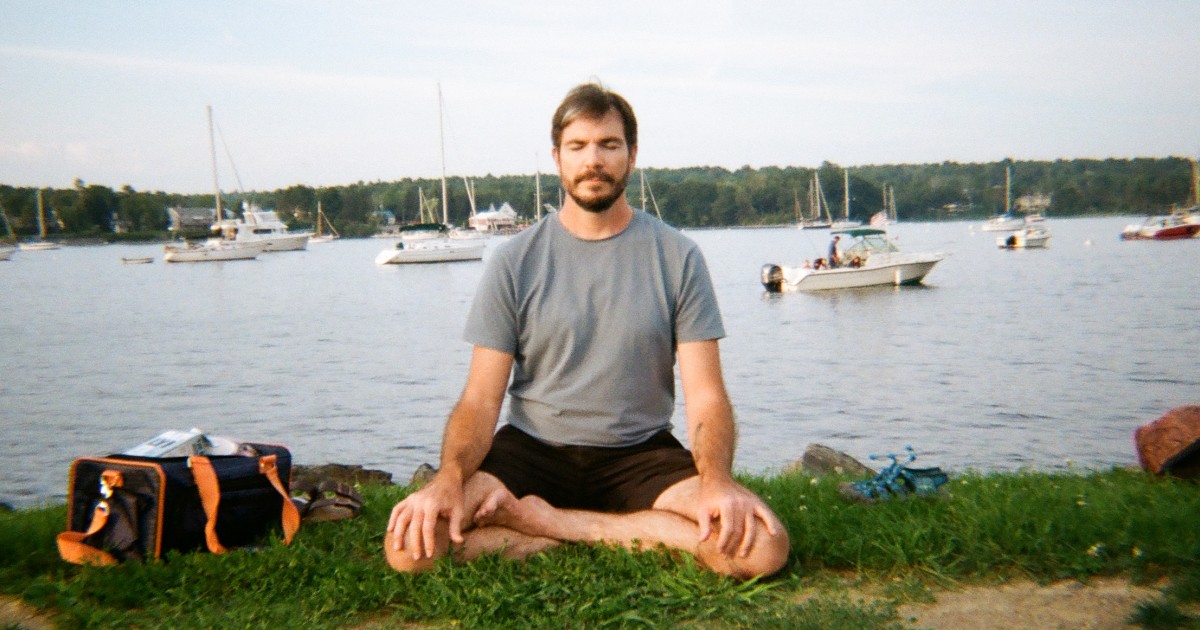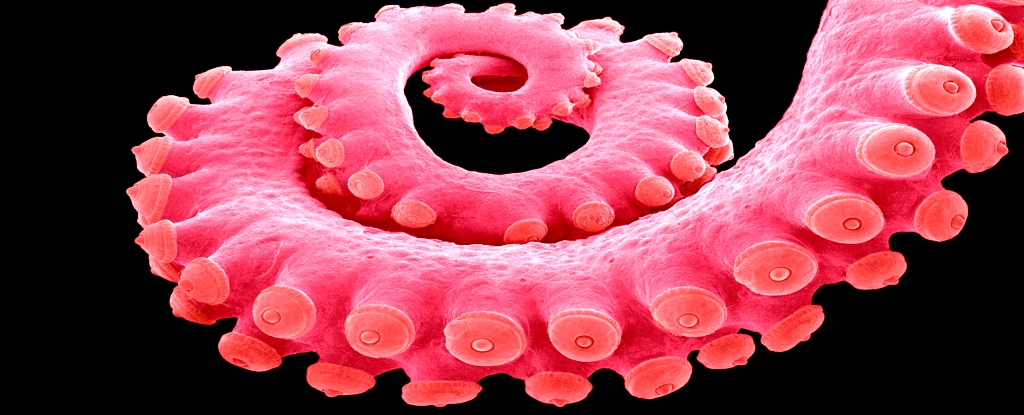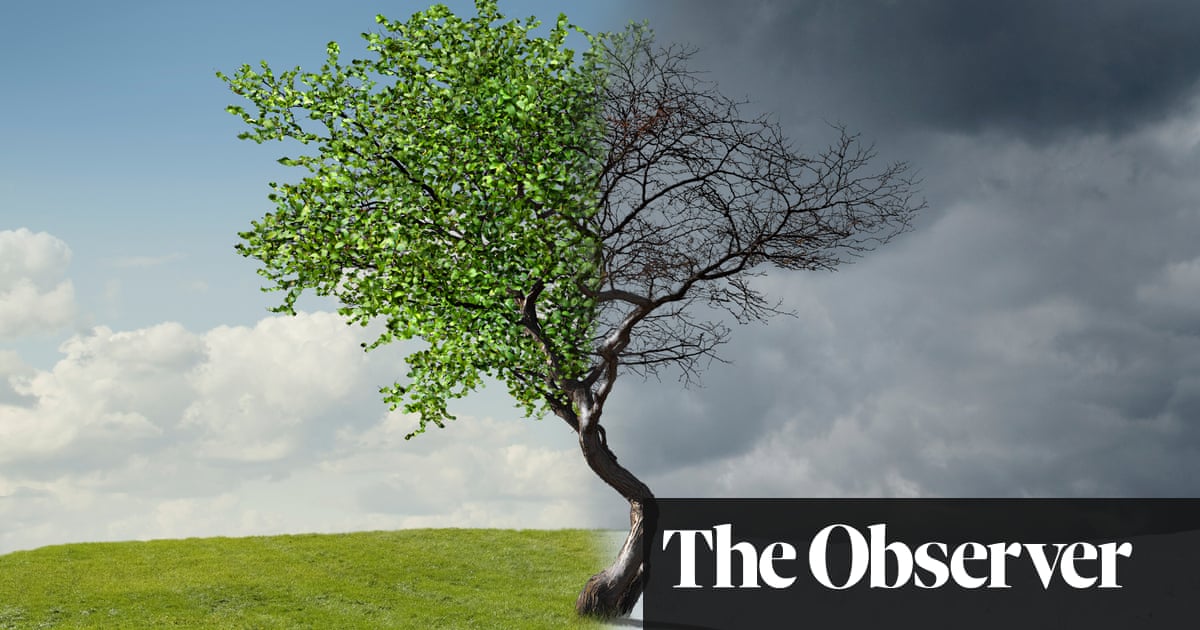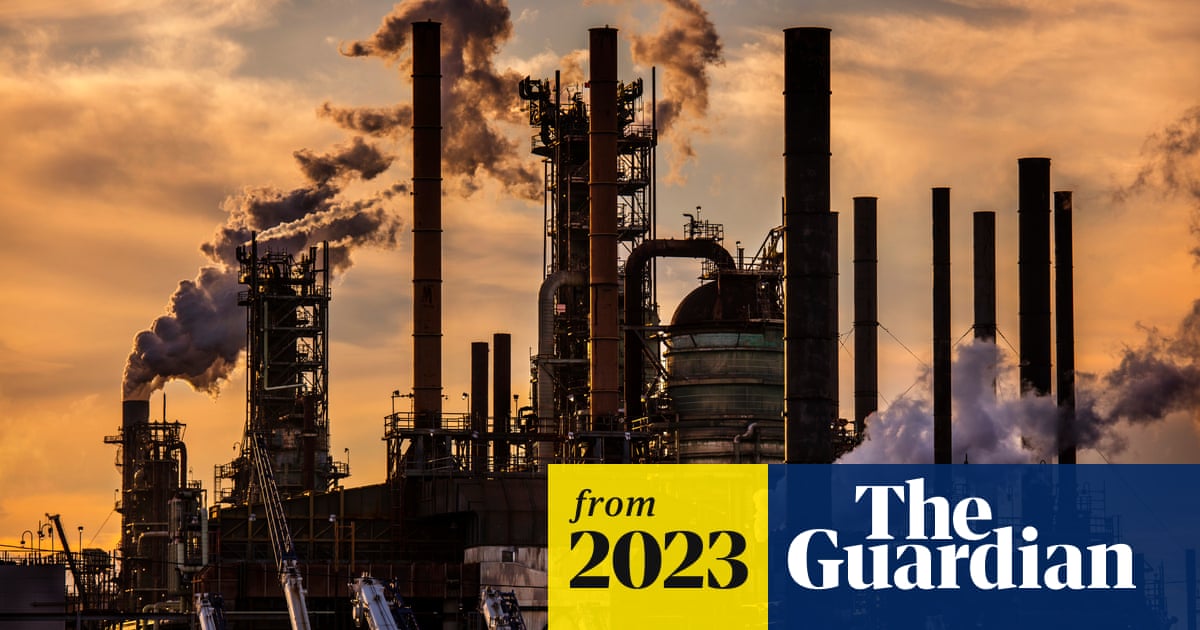Climate scientist Peter Kalmus visits a fossil-fuel-free homestead in Maine, looking not for solutions to climate change, but for a better way to survive it and make peace with his grief.

www.nbcnews.com
And this is a great example of how, if scientists know how to ask the correct questions, it can lead to discoveries that otherwise might be missed.
Ocean bays that pinch West Antarctica are home to two distinct populations of Turquet's octopus (Pareledone turqueti).

www.sciencealert.com
“Scientists who sequenced the genomes of octopus populations in both the Weddell and Ross Seas found evidence of ancestral gene flow between the two populations roughly 70,000 years ago,
suggesting that "ancient seaways were likely opened across the West Antarctic Ice Sheet".
"[This] could only be facilitated by West Antarctic Ice Sheet collapse during past interglacials," they
write.
If it happened then, it could very well happen again, especially since global temperatures are reaching a similar threshold today.
At the moment, scientists don't really know whether West Antarctica is at risk of fully collapsing due to the climate crisis. It's one of the
major uncertainties left to solve in
climate models.
While some experts
warned of disaster in the region as far back as 50 years ago, other climate models made just 10 years ago
predicted no significant ice loss in Antarctica within the century.
How wrong that turned out to be.
Today, West Antarctica is
discharging melting icebergs the size of major metropolises much faster than the rest of the continent”.




rarehistoricalphotos.com






www.theguardian.com

www.theguardian.com
